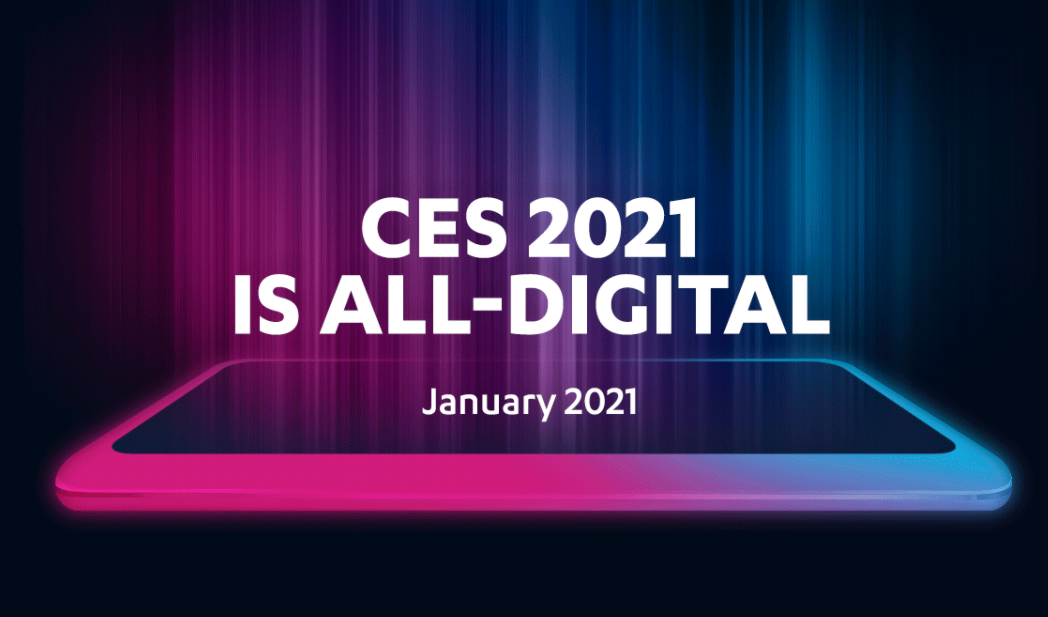

Earlier this month, I was lucky to attend the STAT Health Tech Summit to hear from experts on what’s trending in the digital health space — especially following and preceding some high profile digital health announcements like Livongo and TeleDoc’s merger and Amwell’s IPO.
Moderated and led by superstar STAT reporters like Rebecca Robbins, Erin Brodwin, Casey Ross, Kate Sheridan, and Matthew Herper, the event featured industry leaders across tech companies like Lyft to bio major players like Genentech.
Below, I’ve compiled a recap of the highlights from the conference and some of the key areas that we’re keeping an eye on.
DAY ONE
On the first day of the conference, speakers across health tech, biotech, and pharma focused largely on how data will impact the future of healthcare, interoperability, and the impact of COVID-19 on the larger healthcare landscape.
Speakers focused on the need to integrate the different steps of a patient treatment model (i.e. monitoring, diagnostics, treatment, etc.) to better suit patient outcomes.
Talk tracks focused on vaccine trials for COVID, the transition to telehealth and remote patient monitoring, and how we can leverage genetic data to build better diagnostic and treatment methods.
In one session, 23andme CEO Anne Wojcicki described the company’s new partnership with pharma giant GlaxoSmithKline (GSK) to discover new drugs using data collected from millions of customers with the aim of developing new drugs and technologies leveraging genetic insights (Read the full recap from STAT here).
The full day’s event also included guests from organizations and companies like the Bill and Melinda Gates Foundation, Stanford, Brown, Scripps Research, and FitBit.
Overall, the first day focused on how companies can be sharing data for the benefit of the patient, how tech companies should be supporting medical research, and why COVID-19 has brought organizations together in ways that have never been seen before.
DAY TWO
Day two of STAT’s health tech conference featured three back to back sessions on AI in medicine. In one session with investors from DCVC Bio and Manatt Ventures discussed how companies are merely taking the buzzword “AI” and replacing it with “COVID” during the pandemic, but don’t be fooled… AI isn’t going anywhere either.
The speakers made a point that for AI to truly be successful, we will need as much exact data as possible. It’s the precision that will make the difference. In one anecdotal example, Google Health’s product manager, Daniel Tse, detailed how the company is working to use AI to detect breast cancer, but he noted the project is still primarily in the R&D phase.
The big takeaway? AI is not a magic problem-solver (Colin Hill, GNS Healthcare’s chairman & CEO reiterated this in his session), but it is the confounding factors of physicians, researchers, and the data that will make the algorithms and tech truly effective.
In other sessions, Lyft’s healthcare VP, Megan Callahan, described how the company is increasing access to care through transporting patients for clinic visits (read the session recap from STAT here), a UCSF researcher Adam Gazzaley described how video games will revolutionize treatment in the future, and execs from Livongo and Teledoc outlined how their merger happened during the pandemic (read the session recap from STAT here).
Overall, the second day focused on the importance of patient-centered care in any tech innovation. Technological improvements are great but they mean nothing without a focus on improving patient outcomes and experiences.
Another key theme for the second day was how crucial patient-centered care is to any tech innovation. Speakers focused on the need to integrate the different steps of a patient treatment model (i.e. monitoring, diagnostics, treatment, etc.) to better suit patient outcomes.
My main takeaway from the entire event is that both the media and individual organizations have their focus on the importance of patient-centered care in any tech innovation. Technological improvements are great but they mean nothing without a focus on improving patient outcomes and experiences.
Interested in learning more about the conference? Want to connect with Highwire to discuss our work in the digital health and health space or interested to learn more about what our clients think about some of these trending topics? Contact healthcare@highwirepr.com
